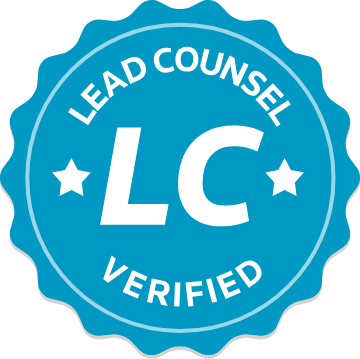
During a divorce, you and your spouse must make financial disclosures. This written document will include information about both parties’ income, expenses, financial investments, debts, assets, etc. If you have a prenuptial or a postnuptial agreement, you will also include that in your divorce disclosure of assets.
In California, the couple’s assets and debt are under the community property regime, however, there are assets that are considered separate property. Even though the different properties are the sole property of one of the parties, they should also appear in your financial disclosures. You should list any property you owned before the marriage and any inheritance or gift that you received either before or during your married time. Full, truthful disclosure is a safe way to go.
 Proof of Financial Information
Proof of Financial Information
There are several documents that you will need as proof of your financial information, such as bank statements, payment receipts, and tax returns (both state and federal) for individuals and businesses and year to date profit and loss schedules. You will need deeds and mortgages, pay stubs, credit cards, investment accounts, business expenses, and so forth. You should remember to keep copies of all the documents for yourself. It may be a good idea to get your properties appraised, as well as other real estate, artwork, antiques, or any other valuable item you may own.
Sanctions for Not Disclosing Assets
By law, each spouse is required to be truthful about their assets, which means in divorce, disclosure of assets is mandatory. However, if you discover your spouse has not disclosed something, you could file a motion to compel a further response. The court can then impose sanctions against the spouse in the hopes it will deter them from further misconduct.
 The court will likely order an accounting of the hidden asset and determine whether it should have been classified as community property. In the event that the court finds the property to be community property, it would award half of its value to the other spouse. If the judge finds that undisclosed of the asset was out of malice or intentional fraud, they can award up to 100% of the asset to the other spouse as well as making them pay for any reasonable attorney fees. It will be up to the courts to make a call on whether the asset was actively hidden or omitted by mistake.
The court will likely order an accounting of the hidden asset and determine whether it should have been classified as community property. In the event that the court finds the property to be community property, it would award half of its value to the other spouse. If the judge finds that undisclosed of the asset was out of malice or intentional fraud, they can award up to 100% of the asset to the other spouse as well as making them pay for any reasonable attorney fees. It will be up to the courts to make a call on whether the asset was actively hidden or omitted by mistake.
Protect Your Rights and Your Assets
If you are going through a divorce or you think you will be in the future, get in touch with an experienced Del Mar Divorce Attorney. Neumann Family Law, APC are award-winning attorneys with over 75 years of combined experience. Let us protect your hard-earned assets during this challenging time. You can reach us at (619) 282-1107, where our Del Mar divorce attorneys will provide you with the answers you need and the protection you require.
Find more like this: California Divorce Law


























